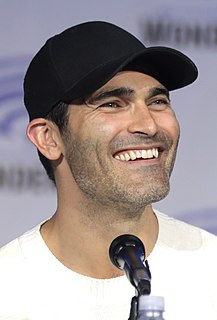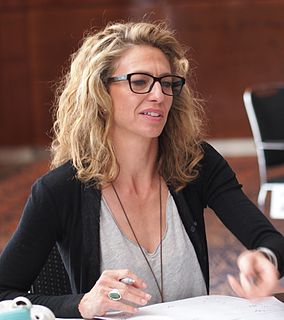A Quote by Ken Jennings
The Final Jeopardy! questions seem to be, by design, things you can't know. And so it's not about who knows them, but who can figure them out in thirty seconds.
Related Quotes
Everybody really knows what to do to have his life filled with joy. What is it? Quit hating people; start loving them. Quit being mad at people; start liking them. Quit doing wrong; quit being filled with fear. Quit thinking about yourself and go out and do something for other people. Everybody knows what you have to do to be happy. But the wisdom of the test lies in the final words: "If ye know these things, happy are ye if ye do them."
A picture is what it is and I've never noticed that it helps to talk about them, or answer specific questions about them, much less volunteer information in words. It wouldn't make any sense to explain them. Kind of diminishes them. People always want to know when something was taken, where it was taken, and, God knows, why it was taken. It gets really ridiculous. I mean, they're right there, whatever they are.
Anytime that I have an impulse to pull out my phone and take a picture, especially of a landscape or something, if the first thing I do is reach for the phone, I actually force myself to sit there and at least wait thirty seconds before I actually grab my phone. I'm, like, "No, sit here for thirty seconds, and just see what you think about. What does this make you think about?"
Ranger removed my goggles "Would you like to come home with me?" I stepped away from him. "Thank you for the offer, but no. I'm done with men." Ranger smiled. "Forever?" "Until I figure some things out." "And if you don't figure them out?" "If I can't figure them out on my own, I'll ask you to help me." "Babe, that's like the blind leading the blind.
If a writer of prose knows enough about what he is writing about he may omit things that he knows and the reader, if the writer is writing truly enough, will have a feeling of those things as strongly as though the writer had stated them. The dignity of movement of an iceberg is due to only one-eighth of it being above water. A writer who omits things because he does not know them only makes hollow places in his writing.
I spent the better part of a week trying to figure out how to organize these stacks of 30 years of conversations and dialogues. I finally began clustering them in these different categories, and I ended up with the ones you listed.It's interesting to me the kinds of questions I haven't been called to wrestle with. For example, I don't know what this says, but I'm not asked a lot of political questions.
The only time I get frustrated with activist criticism is if I have recognized them, and invited them to work with me to figure out how we solve this problem that they're concerned about, and either they don't engage out of the sense of purity - "I'm not going to shake his hand" - or you're not sufficiently prepared so you don't even know what to ask for, or you're not being strategic as an activist and trying to figure out how the process has to work in order for you to get what you want.



































